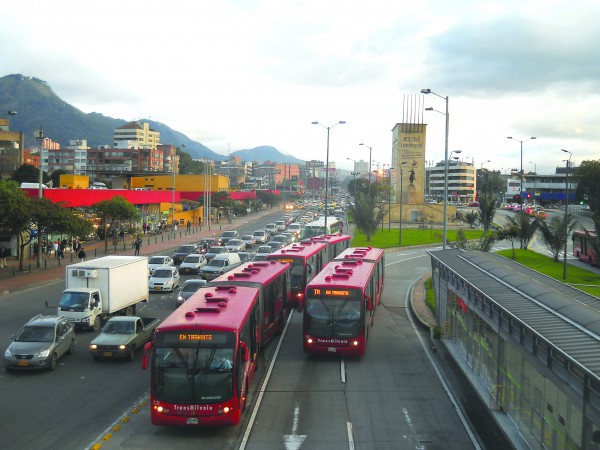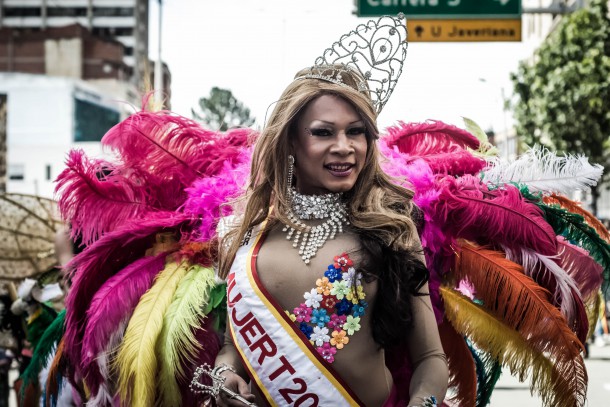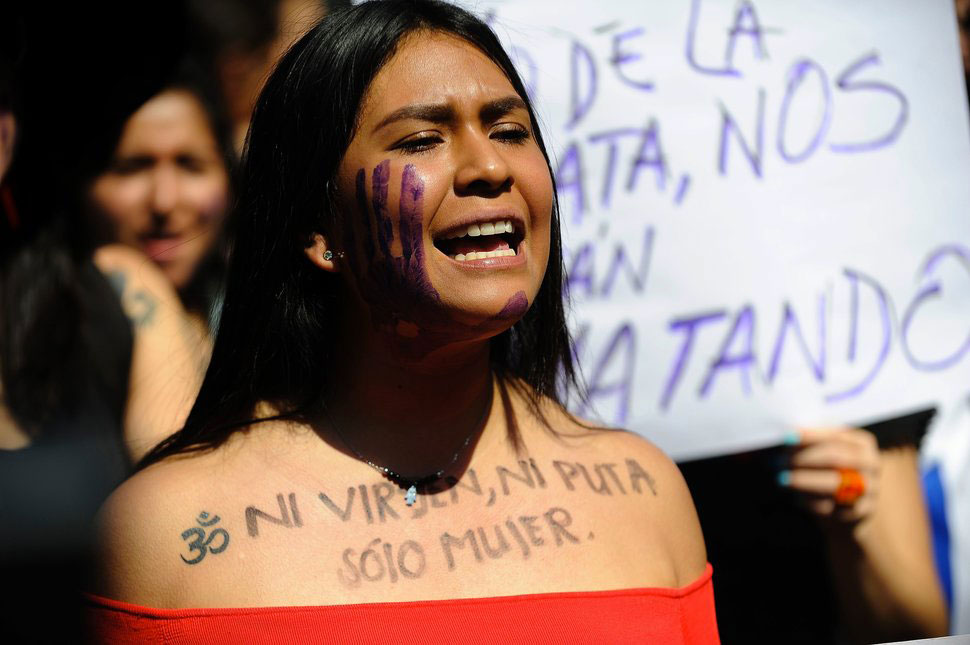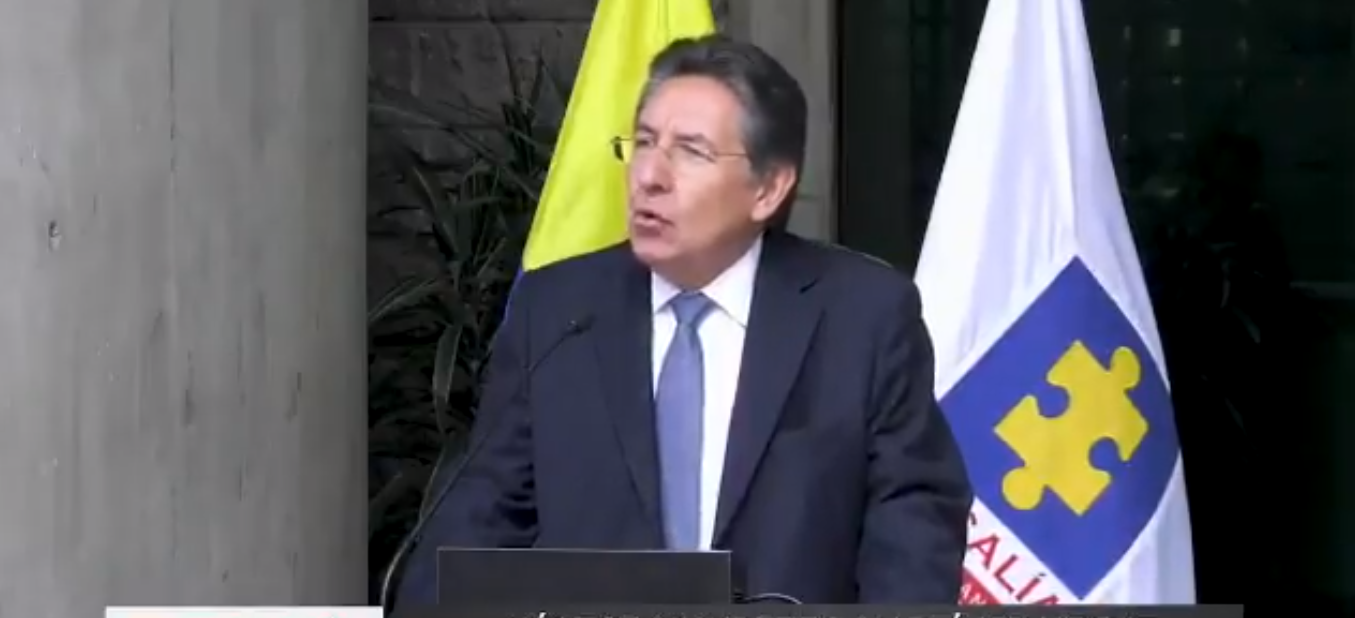‘There will be weeks when we’ll see challenges’ says President Duque as he announces that the nationwide compulsory isolation will continue for another month.
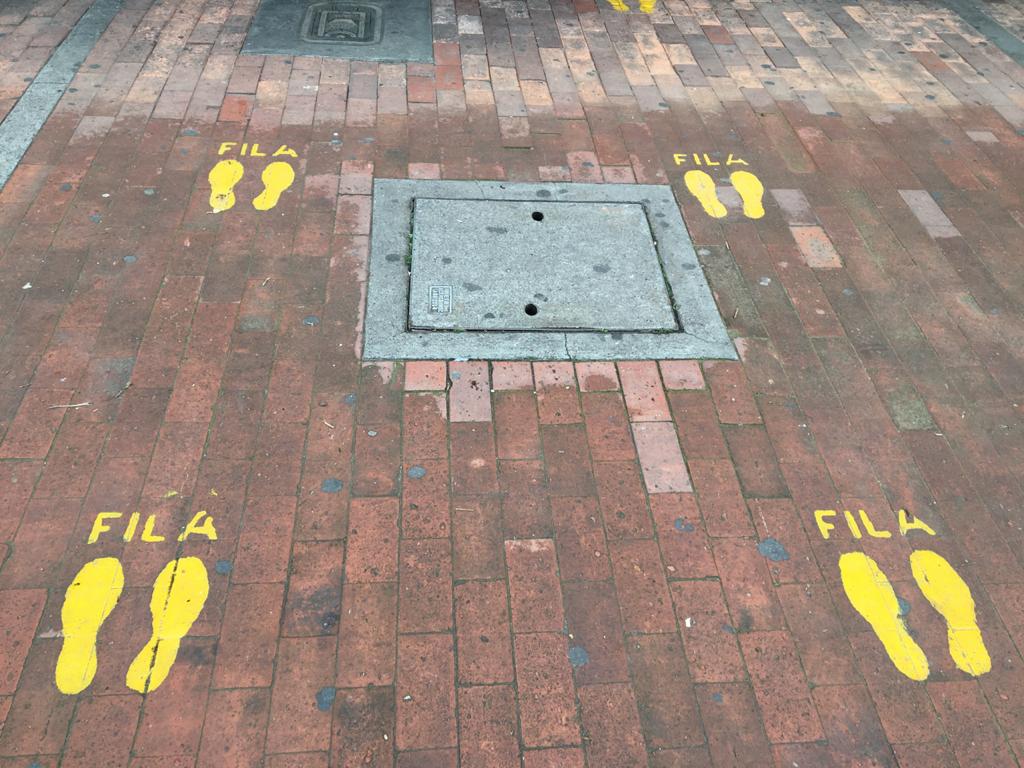
As the number of confirmed COVID-19 cases in Colombia approaches 270,000 and the number of deaths passes the 9,000 mark, President Iván Duque has announced that the country’s mandatory isolation will continue until August 30.
The isolation was supposed to finish on August 1, but those living in cities like Bogotá, Medellín and Barranquilla which have been implementing stricter lockdowns in recent weeks will not be surprised to hear of the extension.
“We’re not talking about a national peak,” said Duque. “The peaks have presented themselves at regional levels. Some have passed, some will come in the coming weeks and months.”
Duque’s presentation that focused on the administration’s achievements — both by comparing Colombia with other countries in the region in terms of numbers of deaths per million people and in terms of the health supplies that have been delivered to various regions and cities. In doing so, he sought to head off those who are critical of the length of the country’s isolation measures.
What’s all this about the regional measures?
It’s all about the regional measures. Today’s announcement does not extend the lockdown for everybody, rather it extends the timeframe in which the government and local authorities have the power to act and shut down certain sectors, cities or towns.
Essentially it follows previous moves by continuing to relax the lockdown in areas with limited numbers of cases and tightening restrictions in places with high ICU occupancy and high numbers of cases or deaths.
- Locations with no or limited cases of COVID-19 will continue to open, but with restrictions on big gatherings such as clubs and concerts.
- Locations with low and medium COVID-19 cases will continue with pilot schemes, and controlled re-opening or closing organised by local authorities and the ministry of health.
- Areas with high numbers of cases will continue to see severe measures, increased testing, and additional courses of action such as strict quarantine of affected sectors.
So, for example, we’re unlikely to see any changes to Bogotá’s sector-specific rolling quarantine. There’s also the promise of more distanced activities, such as drive-in movies. That said, we’re likely to see continued restrictions on alcohol sales so don’t get any ideas about any socially distanced drinking.
What does it mean for flights?
International flights were supposed to start again in September. Today’s presentation did not address whether the extended isolation will stop this from happening, but the Minister of Health did say that we may have to wait until mid-September before we see a reduction in the numbers of cases in Bogotá. No doubt there will be more announcements in the coming days.

